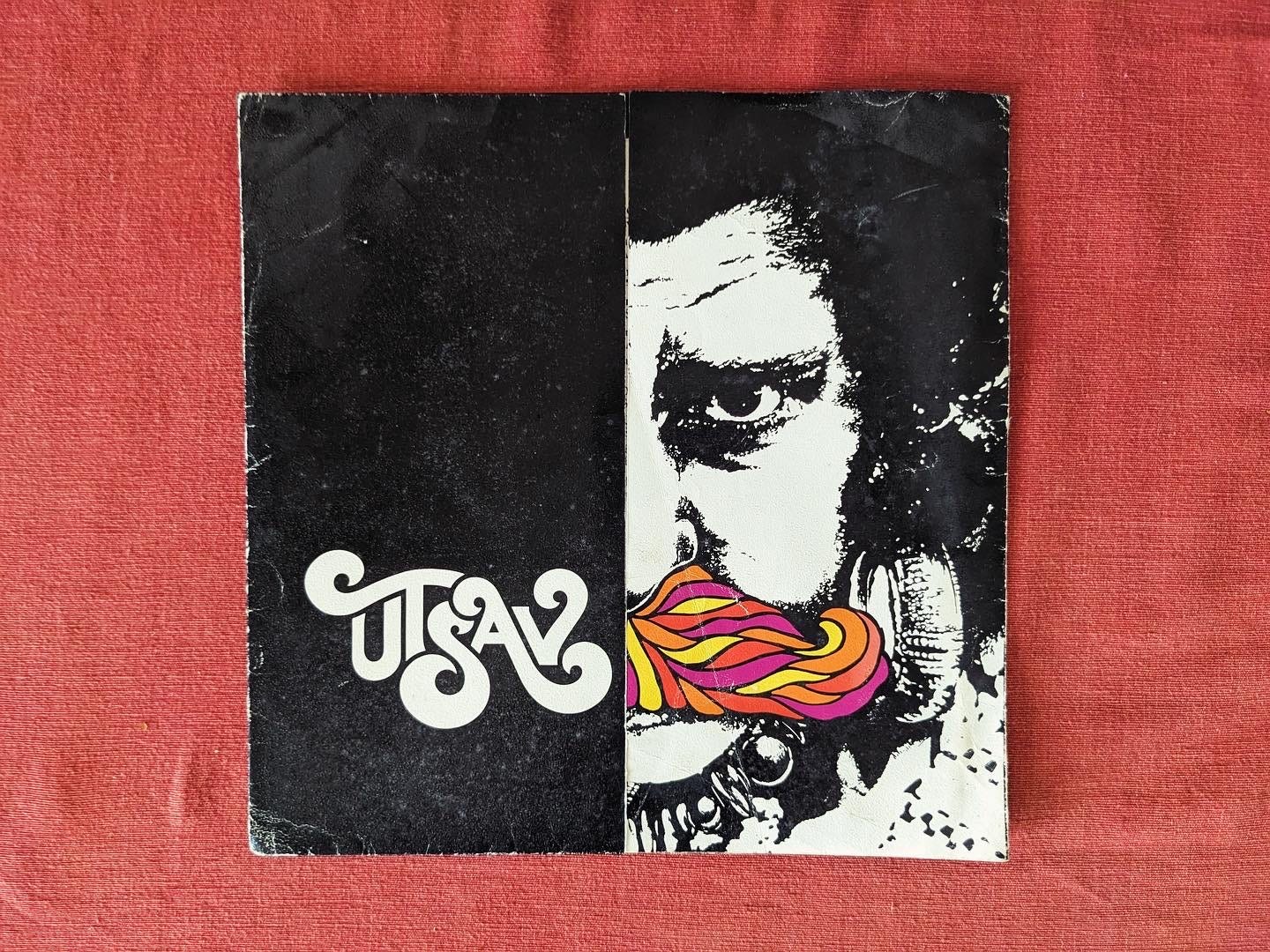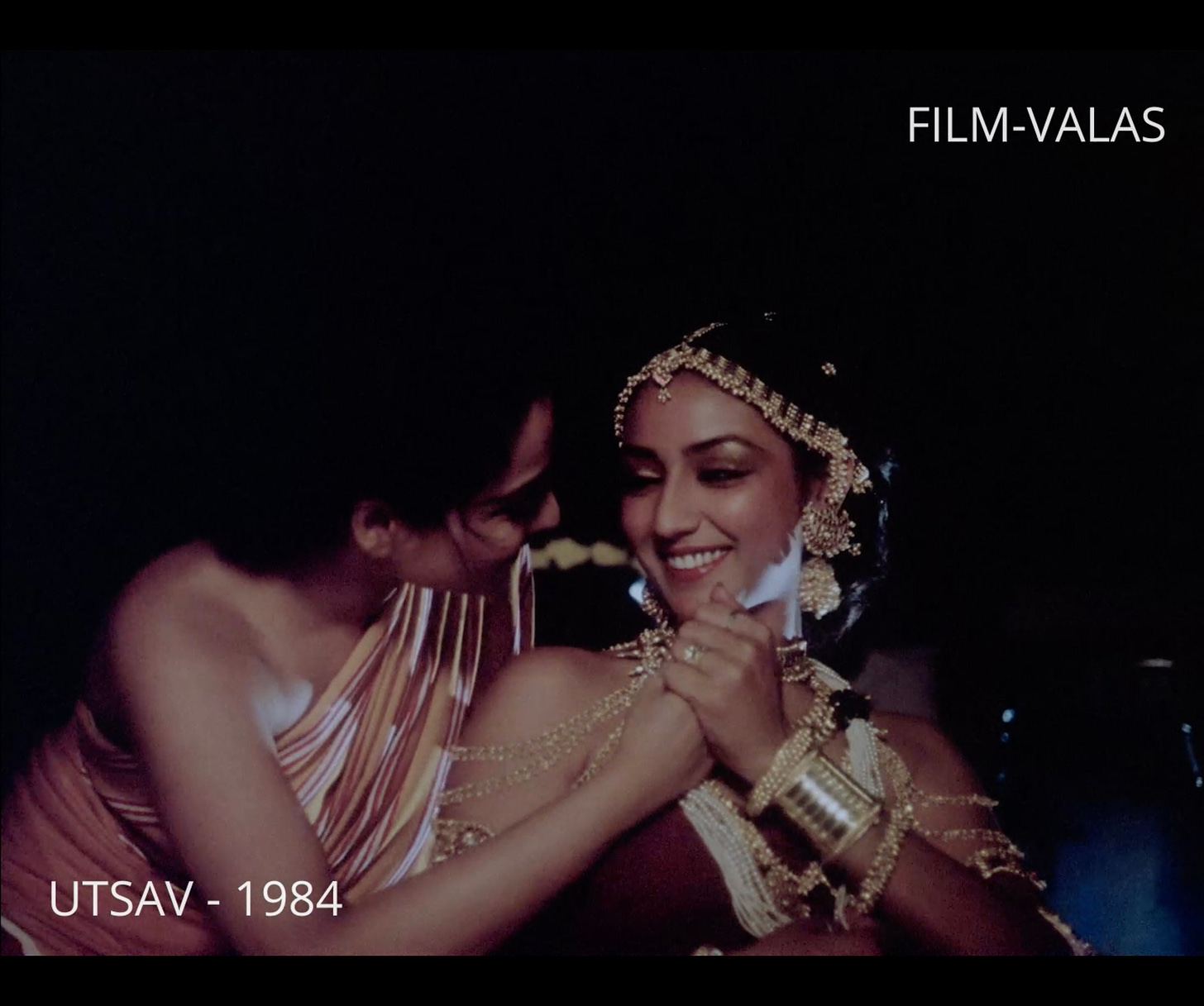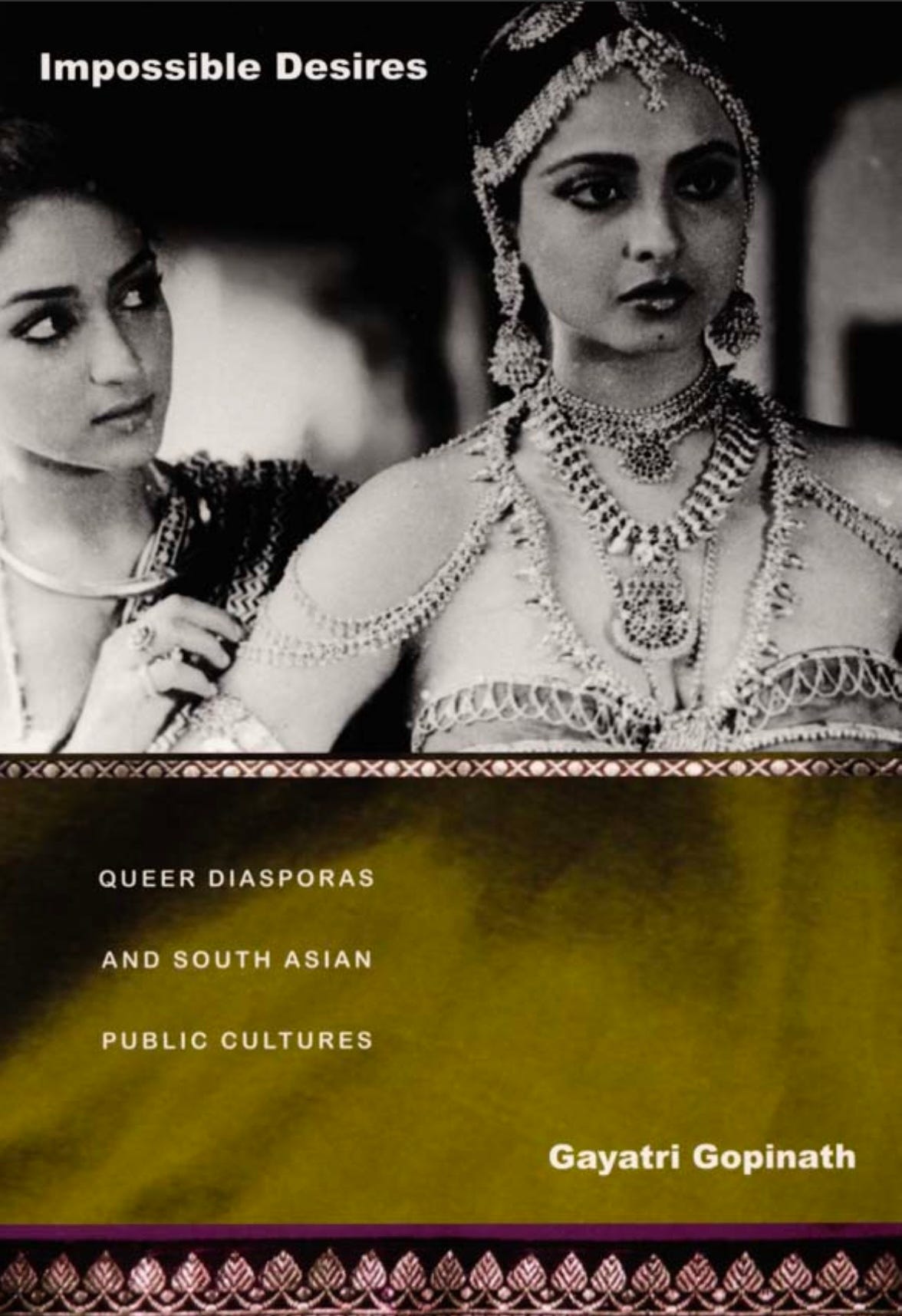New Delhi: Almost a year after the MeToo movement started with Harvey Weinstein and then expanded to Hollywood at large, India is finally experiencing its own MeToo movement. Prompted by former actor Tanushree Dutta’s revelations, the baton has been picked up, but not by Bollywood – which has largely remained silent – but the world of Indian journalism and comedy.
In the past 24 hours, women have come forward to accuse at least three newspaper editors of what would amount to sexual harassment at the workplace – since the victim worked under the accused in the organisation’s hierarchy.
In addition, accounts are surfacing of harassment and predatory behaviour by journalists at work, and of journalists being targeted by prominent persons they had gone to meet or interview. As the personal stories of not just journalists but advertising executives and other professionals across India pile up on social media, the women speaking out say they are determined to put an end to the culture of silence which has allowed scores of men to get away with harassment, stalking and even assault – while on dates, in the course of work or other situations.
Who’s getting named and shamed
The outpouring started on Thursday, October 4, when a woman publicly accused comedian and YouTuber Utsav Chakraborty of sexually harassing her on social media by sending her “unsolicited dick pics” and asking for her nude pictures.
Multiple other women, including a minor, came out with stories of their own soon after, precipitating not only an industry-wide storm in the comedy world but also sparking off a separate thread on sexual harassment in Indian journalism.
Journalist Sandhya Menon started by sharing an account of being harassed by K.R. Sreenivas, currently resident editor of the Times of India in Hyderabad, in 2008 when they both worked at the Bangalore Mirror. The Mirror is published by the same company that runs the TOI.
Also read: Why I Believe Tanushree Dutta and Dr Christine Blasey FordWhile dropping her home at night, Menon said Sreenivas put his hand on her thigh and said that he and his wife had grown apart. Menon asked him to remove his hand and left. The next day she complained to the HR department but they promptly informed Sreenivas of the complaint. Others dismissed her complaints, telling her the man was harmless.
Menon followed that account with another one about Gautam Adhikari, former editor in chief of DNA in Mumbai. Following a night out with Menon and a friend, Menon said Adhikari kissed her without consent and then later asked her not to tell anyone.
She also had to refuse subsequent offers to see him and spend the weekend away with him. Menon’s account on Twitter packed added punch because she also pointed readers to two blog posts she had written at the time of these incidents, where she had described what had happened but not named the editors involved.
On Saturday, a former Times of India journalist, Sonora Jha, who worked out of the newspaper’s Bangalore bureau, recounted an incident from 1995 involving Adhikari when he was TOI’s executive editor. Sonora wrote on Menon’s Twitter timeline that he “called me to his hotel room to discuss flexible hours and then the same assault you described”:
Sonora, who is now a professor of journalism at Seattle in the United States added that when she complained to her immediate supervisor, he told her that Adhikari had asked that she be “sidelined”:
The third editor Menon tweeted about was Manoj Ramachandran, an associate editor with the Hindustan Times in New Delhi, a newspaper she was working with at the time.
What started off as a thread about her own experiences soon transformed into a sort of list of perpetrators as other women started messaging Menon stories of being harassed by the same men, and then other accounts of different men were also added to the Twitter threads.
Menon then updated the list with screenshots of these conversations, some anonymous and some not.
Initially, a woman who wished to stay anonymous, described a distressing interaction she had as a reporter with author Kiran Nagarkar; however, a few hours later, she decided to put her name on the allegations, tweeting:
Joshi described the environment when she was interviewing Nagarkar as “one of the most uncomfortable” she has ever been in. She added that he’d sat too close to her, insisted on hugging her goodbye and that his hands had lingered for too long, leaving her feeling uncomfortable.

Prashant Jha. Credit: Facebook
A former Hindustan Times correspondent, Avantika Mehta, first shared her story anonymously in a piece for FirstPost, but decided to identify herself on Twitter a day later.
Mehta, who has accused Hindustan Times editor Prashant Jha of harassment, said they’d met in 2014 when she joined HT and that she’d tried very hard to “not piss him off” despite multiple messages from him where he propositioned her.
She also posted screenshots of Whatsapp conversations between her and Jha. Though the date of the exchange is not known, or the precise work relationship between the two, Mehta called Jha’s messages an act of “harassment”. “I was as nice as I could be because my little experience in Delhi has taught me pissing off a man who’s considered a darling journalist will have shit repercussions for my career and/or I’ll be at the receiving end of his friend’s wrath or laughter,” she tweeted.
Update: On Sunday, Mehta clarified that the conversations were from 2017, when she was no longer an employee of the Hindustan Times.

Mayank Jain. Credit: Facebook
In another thread, Anoo Bhuyan, health reporter at The Wire, identified Mayank Jain, a reporter from Business Standard as a “sexual predator” and then described being at the receiving end of his “unwelcome sexual predations”.
Soon after, a freelance journalist replied to the same thread, adding screenshots of her conversations with Jain in which he assumes that shel would like to “take a place” with him, implying he assumed she would want to have sex with him.
Along with Jain, Anurag Verma, a former trends editor with Huffpost India was also accused of harassing women with inappropriate snapchats and requests to “send nudes.”
While most of these interactions describe straight, older men imposing themselves on younger, female colleagues, just a few days ago, this spate of allegations was preceded by a quieter thread on Twitter which said that Hindustan Times journalist Dhrubo Jyoti had been accused of making multiple men uncomfortable with his behaviour.
While Jyoti did not address the concerns on the same thread, he responded to someone else, acknowledging his behaviour and said that he was working to make amends to all the individuals he might have hurt.
How the accused have reacted
While, Prashant Jha did not answer a call and text asking him for a response to these allegations, Chakraborty has vehemently denied sending unsolicited pictures of his genitalia to any women and has specifically denied asking for nude pictures from a minor.
In a long thread, he explained his actions, saying pain medications for his chronic disease had often left him in a haze, where he was unsure of who he was even talking to on Snapchat or any other social medium, adding that he had mistaken some of these interactions to be consensual expressions of sexual interest.
After getting flak for his apology, he posted this.
Anurag Verma tweeted an apology and also explained his actions, saying he’d thought of the term “send nudes” really loosely, thinking it was a “meme” more than an actual request for naked pictures.
While Manoj and Nagarkar did not respond to The Wire’s requests for a response, Gautam Adhikari, in an email said:
“I do not recall any of this. I retired from the media industry many years ago and have no recollection of this incident. I always treated my former colleagues fairly and politely and this person was no exception I would think. I’m sorry if I have ever been unintentionally impolite to anyone but I do not recall such lapses from respectful behavior towards all.”

K.R. Sreenivas.
In an emailed response, Srinivas told The Wire, “TOI has said the charge would be investigated by it’s committee against sexual harassment. A highly empowered and accessible committee under this policy and under the law is in place to investigate and address all allegations of sexual harassment. The group is headed by a senior woman executive. I will submit myself to the investigation.”
Mayank Jain did not respond to an email asking for a comment either. However, he has since left media-related WhatsApp and Twitter groups without offering any explanation.
How employers have reacted
Responding to The Wire‘s query about allegations against Jha, general counsel and company secretary for HT Media, Dinesh Mittal said that they will be releasing an official statement on Monday, adding, “We will start an investigation immediately and follow our policies to the core.” He also said that had Avantika Mehta flagged these interactions during her time at HT “action would have been taken.”
All India Bakchod, the comedy group that employed Chakraborty full-time and then as a freelancer during the time most of this harassment is said to have occurred, has removed all videos featuring Chakraborty from their YouTube channel.
After being called out for knowing about these allegations and not acting until it became public knowledge, AIB posted a second apology for implicitly supporting Chakraborty’s behaviour.
Vice India, which recently launched a talk show with Chakraborty, has also removed all links from its website and Facebook page but has not made a statement.
Also watch: Vinod Dua discusses India’s #MeToo movement
HuffPost India, where both Chakraborty and Verma were employees – but not at the time these events occurred – posted a note from its editor-in-chief, Aman Sethi, which said:

Anurag Verma
“HuffPost India is unaware of any allegations levelled against Verma and Chakraborty while they worked here. We are checking if there were any similar allegations while they were here. HuffPost India has a zero tolerance approach to any form of workplace harassment.
HuffPost India stands with survivors and treats complaints regarding potential misconduct by its employees with utmost seriousness.”
Shyamlal Majumdar, Business Standard editor responded: “On Mayank Jain, a due process is on and we can share with you the details as and when we will have anything to say”.
TOI employees have asked their superiors to respond.
Now open, the floodgates are showing no sign of closing as women on Twitter continue to name and shame men including poets, authors and advertising executives. Others are sharing stories of being harassed without naming the perpetrators, yet more are anonymously naming perpetrators.
In the US, the initial flood of accusations was followed by a few court cases, entertainers being removed from shows and yet more taking self-imposed sabbaticals.
It is still unclear how many of these cases will be pursued legally or investigated by these men’s employers.
So far, this is what Menon has articulated on Twitter.
Indian media houses will now have to react to these accusations and navigate how they handle anonymous complaints, public ones and ones that took place so long ago that there are no corroborating screenshots of problematic interactions to serve as proof.
Though unconnected to the current campaign, one former editor, Tarun Tejpal of Tehelka, is already facing serious criminal charges – of rape – following a complaint by a journalist who worked with his magazine at the time. Five years later, the trial – which was meant to be fast-tracked to give speedy justice to the survivor – has yet to conclude in the face of repeated delays.
Note: The story has been updated to add Professor Sonora Jha’s account of a 1995 incident at the Times of India involving Gautam Adhikari, who was the newspaper’s executive editor at the time, the lawyer Avantika Mehta’s charge of harassment against HT bureau chief Prashant Jha, HT’s response, Srinivas’s and Business Standard‘s response.
Note: On Sunday, October 7, 2018, the story was updated to include Avantika Mehta’s tweets clarifying that her conversations with Prashant Jha were from 2017, after she had left the Hindustan Times.
Note: In an earlier version of this story, the account of an anonymous complainant against Kiran Nagarkar was inadvertently attributed to Poorva Joshi.
(The Internal Complaints Committee at The Wire is headed by our managing editor, Monobina Gupta. Anyone who wishes to make a specific complaint against The Wire’s employees, including its founding editors, may email mg@cms.thewire.in)










